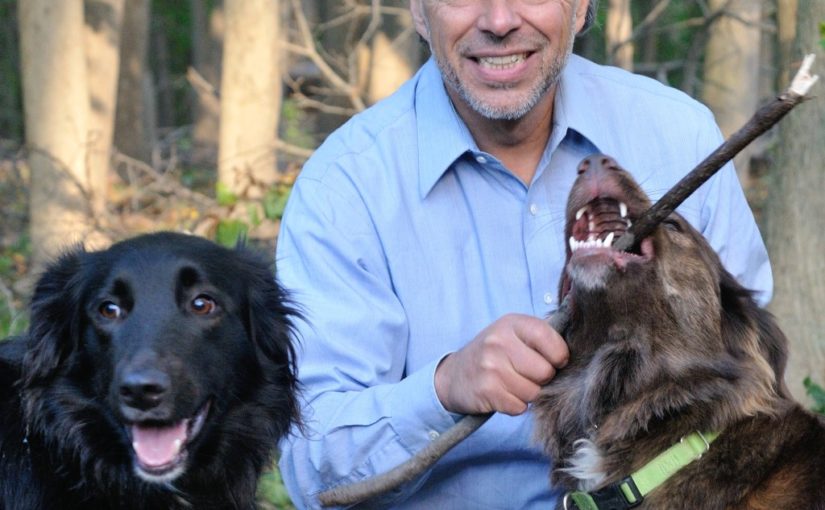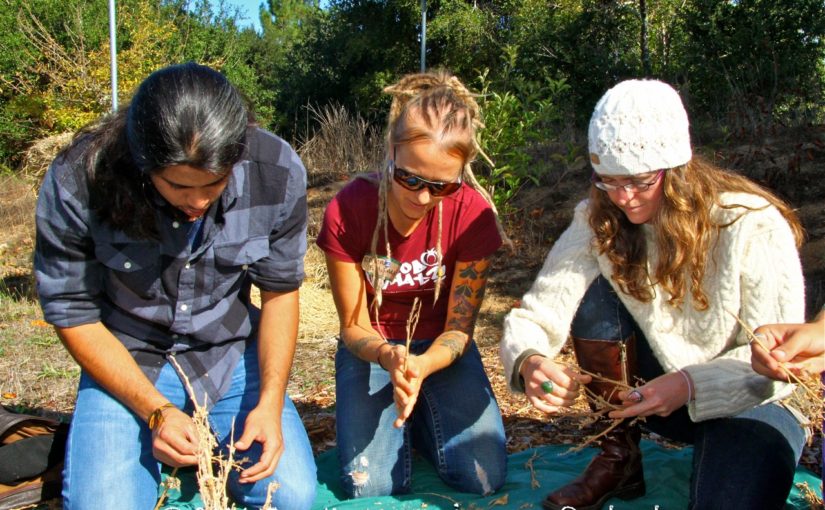“What’s the appropriate term for referencing the broader community of people who are disabled in one way or another?” my colleague asked me the other day. “Seems like ‘disabled community’ is not quite right.”
How would you have answered this question? Have you thought about what our relationship is with the word “disabled” and all of the values, implicit and explicit, that accompany it?
Fortunately, I knew *the* person to go to with this question (and you will too when you see him speak at Bioneers this October). I asked my old friend and colleague James Thurston who will be introducing his collaborator and Bioneers plenary keynote speaker accessibility rights activist Victor Piñeda at Bioneers on October 20-22.
James is the Vice President, Global Strategy and Development at G3ict, the Global Initiative for Inclusive Information and Communication Technologies an NGO that works to facilitate and support the implementation of the dispositions of the United Nations Convention on the Rights of Persons with Disabilities (CRPD) related to the accessibility of Information Communication Technologies (ICTs) and assistive technologies.
Victor Piñeda is the President of World Enabled and of The Global Alliance on Accessible Technologies and Environments (GAATES), the leading international organization dedicated to the promotion of accessibility of the built and virtual environments.
In distilled terms, they are accessibility evangelists.

James and Victor travel around the world with their joint initiative, Smart Cities for All, meeting with municipal and civic leaders about digital inclusivity for all city residents, citizens and visitors. Together they have met with mayors and chief technology officers in Mexico, Brasil, Israel, India, Japan, and throughout the United States.
Their work is helping to raise the awareness of the importance of digital accessibility and inclusivity for all.
Possibly more significantly, they are working to change the narrative around the term and meaning of “disability”, which has become such a disempowering and polemic word in our society, often associated with other or less than.
Victor and James like to quote the words of Ambassador Luis Gallegos of Ecuador known to many as the “father of UN Convention on the Rights of Persons with Disabilities.”
“Ambassador Gallegos often says that being a person with a disability is the one minority group that we will all, if we live long enough, become a member of at some point in our life,” James told me. ”Either from aging (we all pick up impairments as we age and those affect how we use technology) or accidents, illnesses, wars, crime, etc.”
And that number is growing. According to the World Health Organization (WHO) approximately 15% of people on earth are people with a disability. Some quick math: that’s around one billion people.
There is still much work to be done to make the world aware of this issue. One of the points of entry is the workplace. James and his organization, G3ict, have launched a new campaign and web portal with a toolbox to help organizations, cities and countries incorporate accessibility and digital inclusivity policies and tools. It’s called BuyICT4all and includes resources in both Spanish and English. The portal includes a specific pathway to support people wanting to be evangelists in their own organizations.
So, what’s the appropriate term for referencing the broader community of people who are disabled in one way or another?
The answer was one that hit me viscerally and poignantly: “It’s persons with disabilities,” James told me. “Persons with disabilities are defined by their personhood, not their disability.”
That was enough to make me an accessibility evangelist.
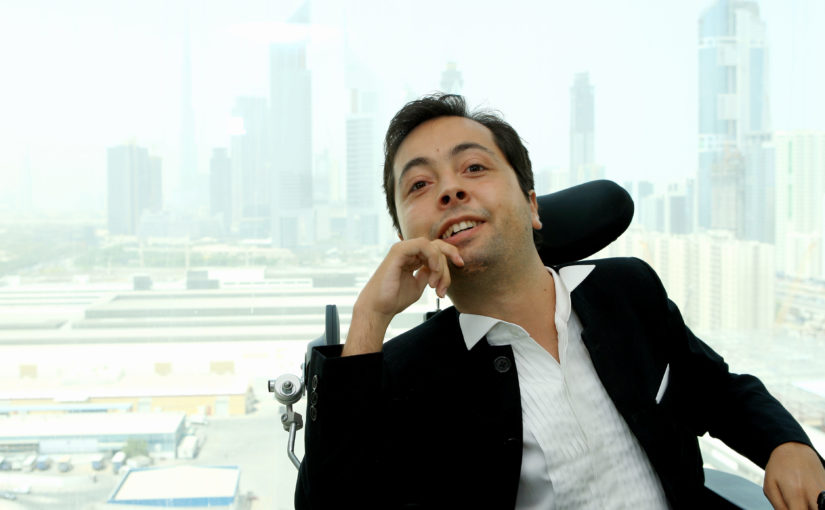
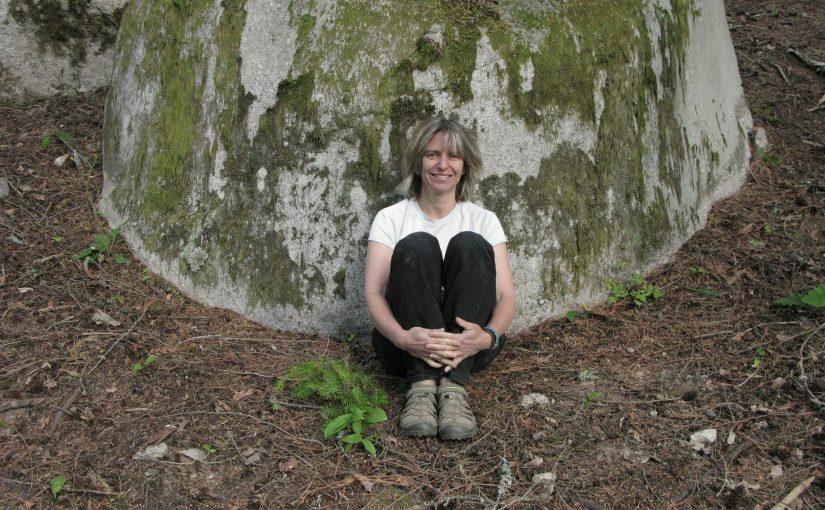
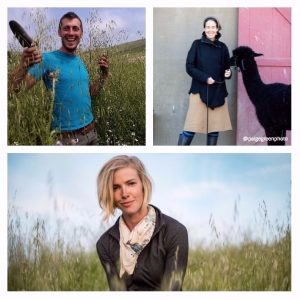
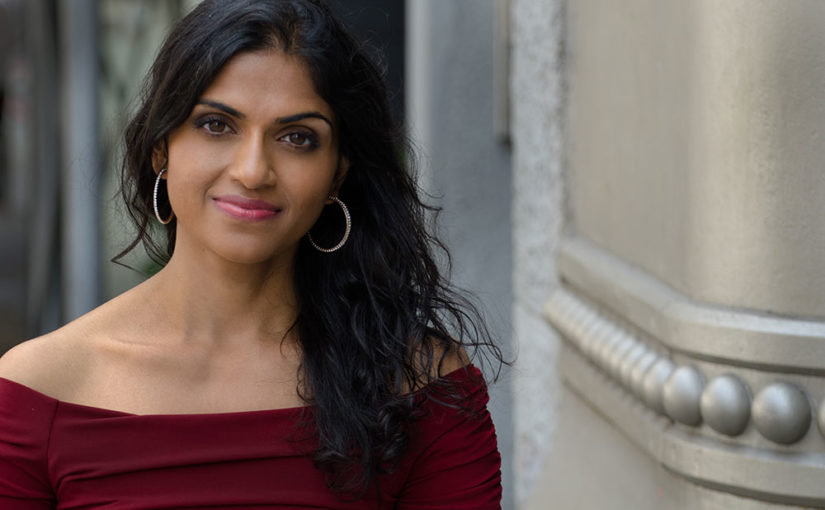


 Anthony Lappé is an independent writer and television producer. His most
Anthony Lappé is an independent writer and television producer. His most 